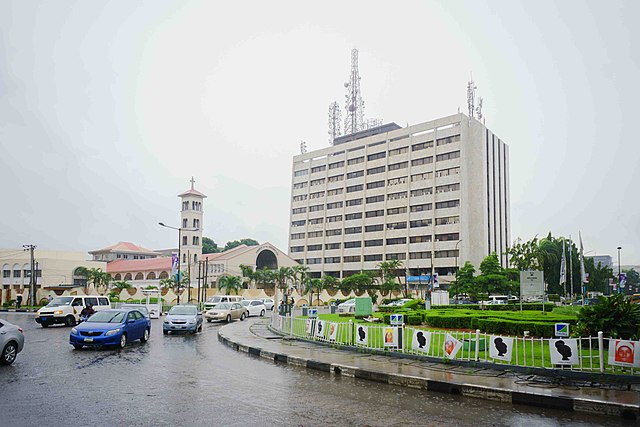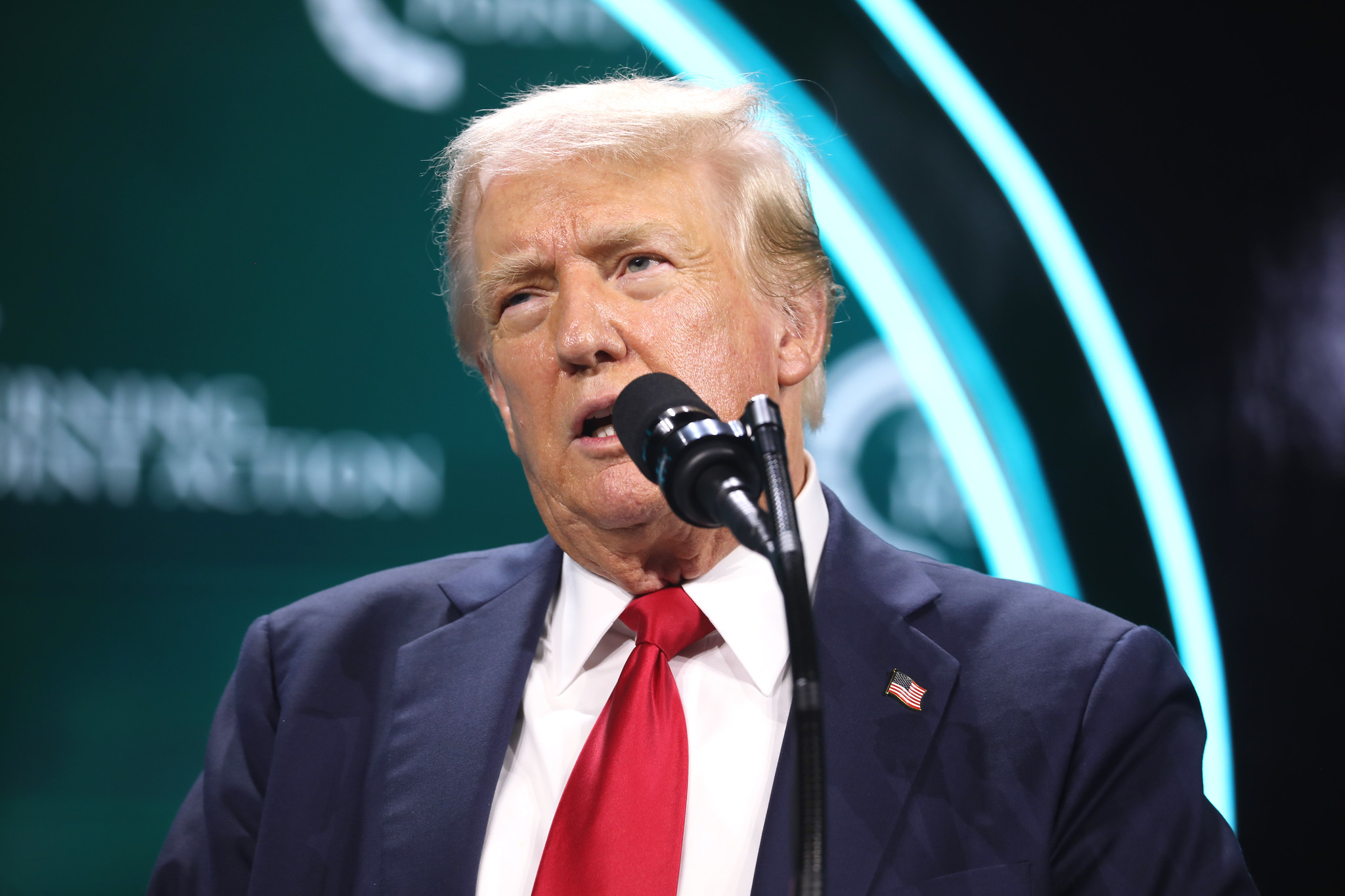Nigeria's financial regulatory body has deemed Binance's activities illegal, asserting that the renowned cryptocurrency exchange lacks official recognition and authorization from the authority. The announcement by Nigeria's securities authority on June 9 swiftly followed a lawsuit initiated against Binance by the US Securities and Exchange Commission (SEC) just days prior.
The regulatory body clarified that Binance had not been granted permission to operate in Nigeria. Consequently, citizens who choose to invest through the exchange are doing so at their own risk. This declaration closely followed a barrage of 13 accusations filed by the US SEC against Binance on June 5, ranging from unregistered offerings and sales of securities to lack of registration as an exchange or broker and commingling of funds. Binance countered by stating that they have fully cooperated with authorities and look forward to presenting their case in court.
In Nigeria, Binance has emerged as a pivotal crypto exchange, playing a significant role in the country's growing crypto market and contributing to Africa's most populous nation. Chainalysis research indicates that the Middle East and North Africa region leads global crypto adoption, experiencing nearly 50% growth in crypto receipts, totaling $566 billion between July 2021 and June 2022.
This ruling reflects the evolving regulatory landscape within Nigeria's digital asset ecosystem. Just weeks earlier, outgoing President Muhammadu Buhari enacted the Finance Act, which introduced a 10% tax on digital asset profits. Newly inaugurated President Bola Tinubu has proposed revising the Nigerian SEC's regulations on digital assets to foster a more favorable business environment, as outlined in his manifesto.


























Comment 0